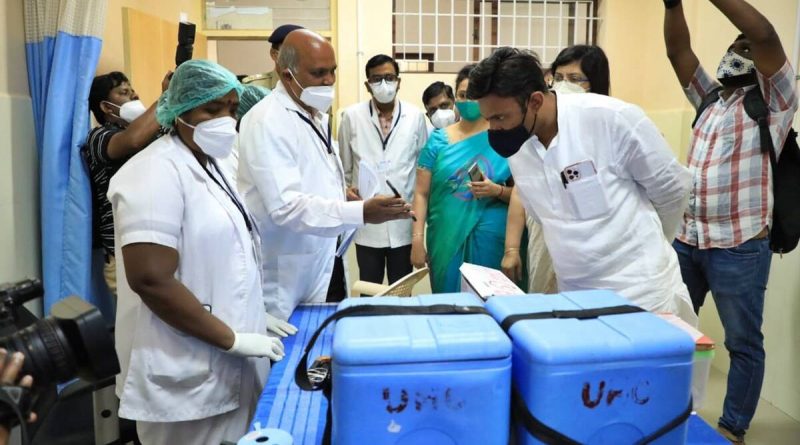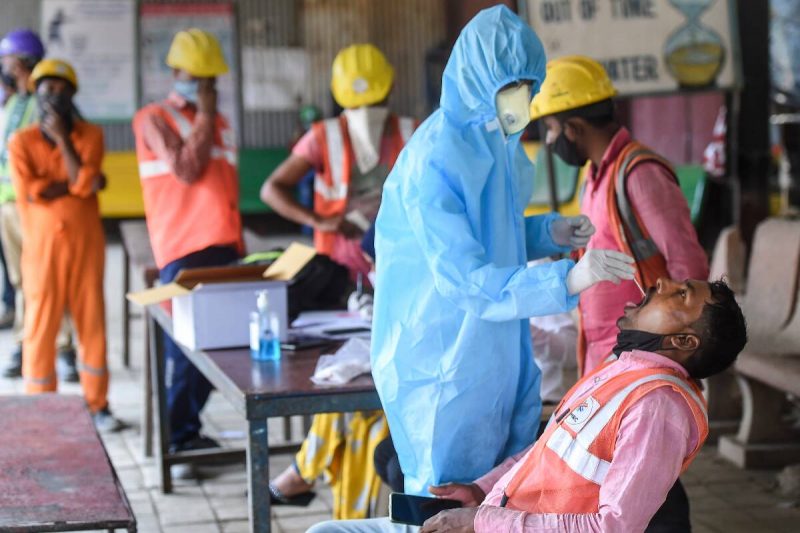
Covid: Coronavirus Mutation is Growing Faster Now
As authorities and countries are still facing new challenges concerned with SARS-CoV-2. Indian Institute of Science (IISc) scientists conducted a study on samples taken from consenting patients in Bengaluru. Based on the study, they stated that the virus in Bengaluru is now mutating as compared to before.

Professor Utpal Tatu of the Department of Biochemistry and his team say that the three Bengaluru isolates have 25+ mutations in their genomes with over 11 mutations per sample. This is more than the national (8.4) and international (7.3) average.
Coronavirus Mutation Study Printed In The Journal Of Proteome Research
The study printed in the Journal of Proteome Research recognized some unique protein and multiple mutations in isolates of SARS-CoV-2. Also, it shows that human produces several types of proteins as their body releases an immunological defence against this viral attack.

“To understand how the virus is mutating and its protein biology, the team carried out a comprehensive “proteogenomic” investigation – a series of analyses of SARS-CoV-2 isolates. The isolates or viral samples were recovered from nasal secretions of consenting Covid-19 positive individuals in Bengaluru” – IISc Statement
What is Proteogenomics in Covid 19?
Proteogenomic/s is an area of biological research that uses a combination of proteomics, transcriptomics, and genomics to aid in the recognising and discovery of peptides.
The genomic analysis uses Next-generation sequencing (NGS). It is a type of technology that permits for rapid sequencing of the whole genome. Professor Utpal Tatu says that arranging the genomes of this viral strain is quite important because it is useful in keeping mutations tracks that occurs constantly.
Also Read: Apart From Coronavirus, Here’re 5 Other Diseases/Virus The World Doesn’t Have A Vaccine For
Tatu and his team developed a global phylogenetic tree to understand the evolutionary virus history as well as the spread of the virus. It uses data sequencing for this process.
Bengaluru isolates are quite closely concerned with Bangladesh. Also, the Indian isolates have different origins in lieu of a single ancestral variant states the phylogenetic analysis.



